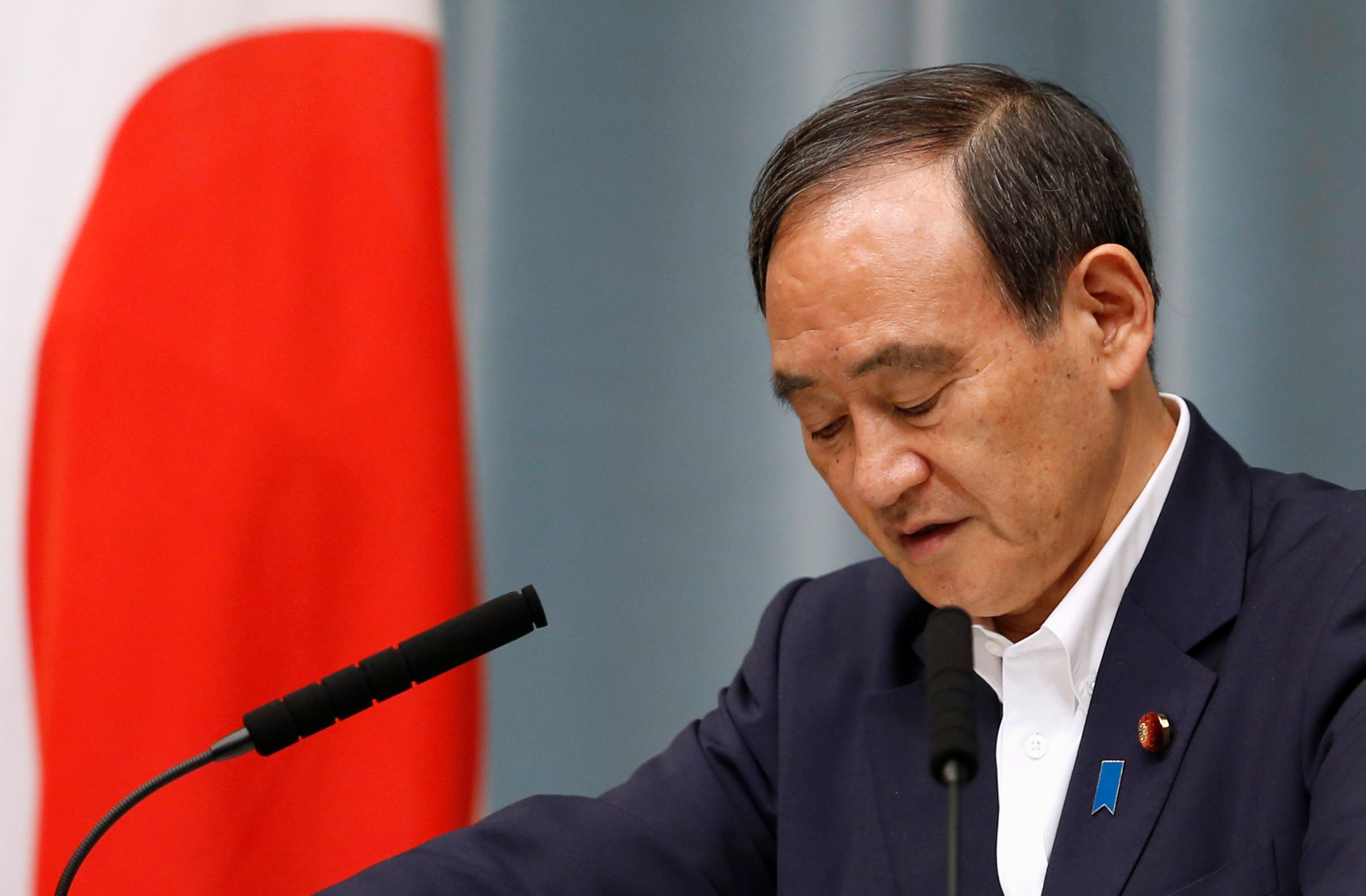
By Joel Schectman and David Brunnstrom
WASHINGTON (Reuters) – The United States imposed sanctions on two Chinese citizens and a shipping company on Thursday for helping North Korea’s nuclear and missile programs and accused a Chinese bank of laundering money for Pyongyang.
U.S. Treasury Secretary Steve Mnuchin said the actions were designed to cut off funds that North Korea uses to build its weapons programs in defiance of U.N. Security Council and unilateral sanctions.
“We will follow the money and cut off the money,” he told a news conference.
A Treasury statement identified the bank as the Bank of Dandong and the firm as Dalian Global Unity Shipping Co Ltd. It identified the two individuals as Sun Wei and Li Hong Ri.
The sanctions imposed on the two Chinese citizens and the shipping company blacklists them from doing business with U.S.-tied companies and people.
Bank of Dandong did not respond immediately to a request for comment. A staff member at Dalian Global Unity would not comment on the sanctions and subsequent calls to the firm’s office in Dalian went unanswered.
Mnuchin said U.S. officials were continuing to look at other companies that may be helping North Korea and may roll out additional sanctions.
U.S. foreign policy experts say Chinese companies have long had a key role in financing Pyongyang. However, Mnuchin said the action was not being taken to send China a message. “This wasn’t aimed at China. We continue to work with them,” he said.
Asked about the U.S. sanctions on Friday, Chinese Foreign Ministry Spokesman Lu Kang said that China consistently opposes unilateral sanctions imposed outside the U.N. framework.
“We strongly urge the United States to immediately correct its relevant wrong moves to avoid affecting bilateral cooperation on the relevant issue,” he said, without elaborating.
China’s ambassador to the United States, Cui Tiankai, said China opposed the United States using domestic laws to impose “long-arm jurisdiction” on Chinese companies or individuals, the official Xinhua news agency reported on Friday.
“If a Chinese company or individual has acted in a way that violates United Nations Security Council resolutions, then China will investigate and handle the issue in accordance with Chinese law,” he told an event in Washington on Thursday evening.
GROWING FRUSTRATION
U.S. officials told Reuters this week that President Donald Trump was growing increasingly frustrated with China over its inaction on North Korea and bilateral trade issues, and was now considering possible trade actions against Beijing.
A senior White House official told reporters on Wednesday China was “falling far short of what it could bring to bear on North Korea in terms of pressure.”
The U.S. move came as Trump was due to meet South Korean President Moon Jae-in at the White House on Thursday to discuss steps to push North Korea to abandon its weapons programs, which have become an increasing threat to the United States.
It also came after the United States sanctioned a Chinese industrial machinery wholesaler, Dandong Hongxiang Industrial Development Co, in September for its ties to North Korea’s nuclear program, the first time Washington had taken such a step against a Chinese firm.
China’s Foreign Ministry said in the same month Hongxiang was under investigation for “illegal behavior” and “economic crimes” following the provisions of U.N. resolution 2270, which imposed tighter sanctions on North Korea in March.
Mnuchin said the United States would discuss efforts to choke off funding for North Korea’s nuclear and missile programs with China and other countries at next week’s Group of 20 summit in Germany.
The U.S. Treasury Department said in an online notice published on Thursday the Bank of Dandong had served as a gateway for North Korea to access the U.S. financial system. Authorities said 17 percent of Dandong’s customer transactions in the bank’s U.S. accounts had ties to North Korea.
Anthony Ruggiero, a former senior Treasury official in the Office of Terrorist Financing and Financial Crimes, said the action against Bank of Dandong was the first time U.S. authorities had sought to punish a Chinese bank accused of helping North Korea.
It would immediately cause Western firms to cut off any transactions with Bank of Dandong, he said. It may also cause financial institutions in Western Europe and the United States to further scrutinize whether their Chinese business could have links to North Korea.
“The designation will make reputable Western banks ask questions about larger financial institutions in China,” said Ruggiero, who is now a senior fellow at the non-profit Foundation for Defense of Democracies.
(Reporting by David Brunnstrom and Joel Schectman; Additional reporting by Jeff Mason in WASHINGTON, and Meng Meng, Shu Zhang, Ben Blanchard and Christian Shepherd in BEIJING; Editing by Diane Craft and Paul Tait)












